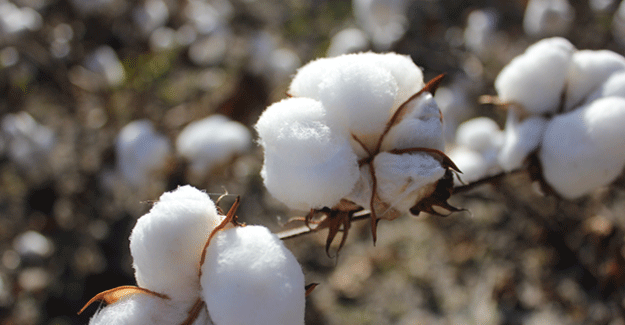Majority Of Global Companies 'Failing To Deliver' On Cotton Sustainability
Majority Of Global Companies 'Failing To Deliver' On Cotton Sustainability

PAN UK, Solidaridad and WWF have urged all companies using large volumes of cotton to set, report and deliver on time-bound targets for cotton sustainability.
Pesticide Action Network (PAN UK), Solidaridad and WWF have commissioned a new study which ranks 37 companies, estimated globally to use the most cotton in their products, across three areas: policy, actual use in products (uptake), and traceability. Just eight brands steered clear of the red zone in the ranking research conducted by international NGO Rank a Brand. The Sustainable Ranking Report highlighted "significant room for improvement" in company sourcing and reporting on sustainable cotton, suggesting a widespread absence of publicly available information on policies, sourcing and supply chain traceability across the textile sector.
'Good for business'
Only top-ranked home furnishing giant IKEA scored in the green zone, while C&A, H&M and Adidas follow just behind. Another 29 companies fell in the red zone due to lack of progress on cotton sustainability. WWF market transformation director Richard Holland said, "IKEA, C&A and H&M are showing how cotton sustainability is good for business but many top companies are failing to deliver. Sourcing more sustainable cotton has never been easier so there is no excuse for companies not to offer more responsible products to customers. "The report found that while around 10-13% of global cotton supply can be classed as more sustainable, less than a fifth of this amount is actually being used in products, with the rest being sold as conventional cotton due to lack of demand from top brands and companies. In light of the document's findings, PAN UK, Solidaridad and WWF have urged all companies using large volumes of cotton to set, report and deliver on time-bound targets for cotton sustainability. They state that companies serious about sustainability should be sourcing 100% more sustainable cotton by 2020 at the latest.
Sewing sustainability
The report demonstrates that many major companies are failing to recognise the business case for developing the global cotton market by delivering on sustainable cotton. The same cannot be said for top-ranked company IKEA, which last year became the first major retailer to source all of the cotton used in products from certified sustainable sources. Primark recently announced it is scaling up a sustainable cotton scheme, as the discount fashion retailer looks to recruit a further 10,000 female smallholder farmers in India onto the programme. Retailer H&M has pledged to get all of its cotton from sustainable sources by 2020, with its sustainability report claiming that using sustainable cotton will help farmers and their communities improve their standard of living.



 textileexcellence
textileexcellence 







